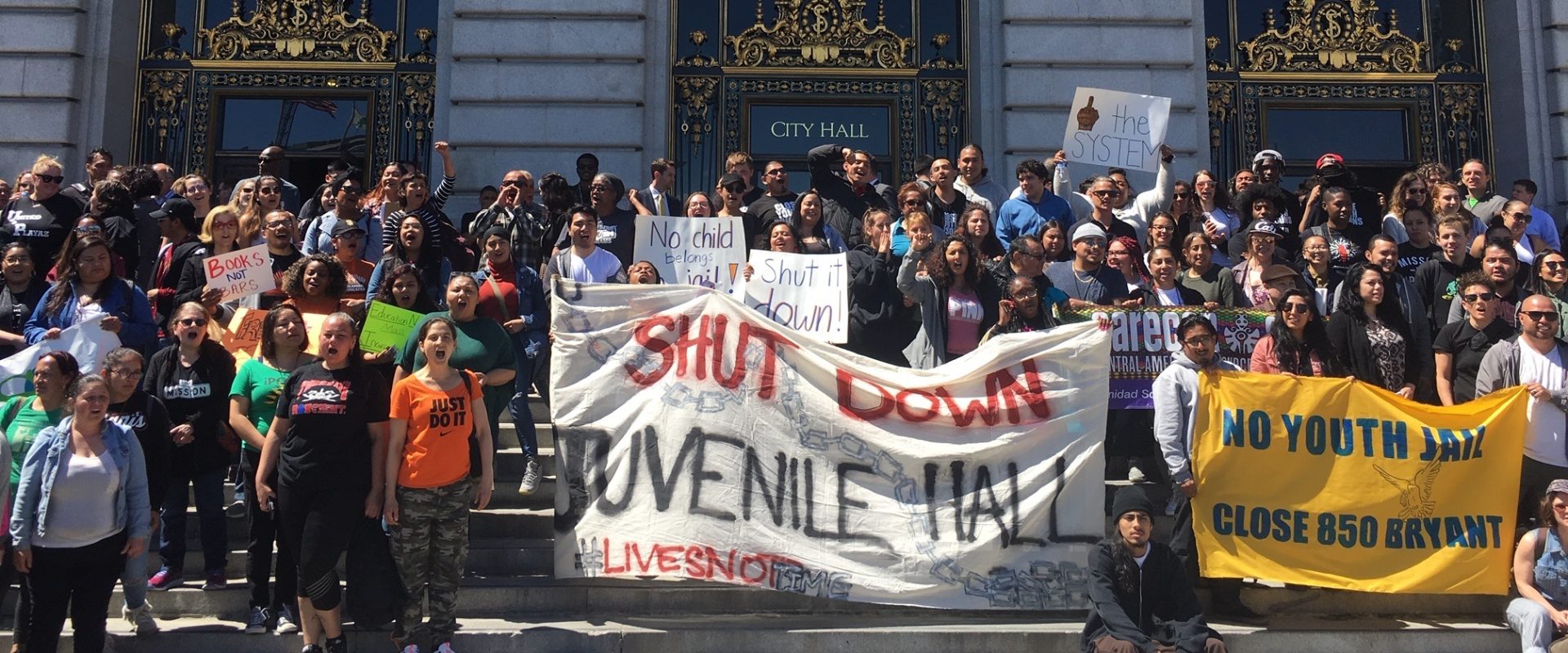Blog Jul 19, 2012
National leaders in youth justice reform
The nation has come along way in juvenile justice reform. John Jay College in New York recently released a new report that details the various juvenile justice reform efforts undertaken by states in the last 30 years. Three major strategies for reform are identified and evaluated in terms of the long-term effectiveness of each. The three main strategies they identify are resolution , meaning limiting judicial options for out-of-home placements by closing facilities; reinvestment whereby…
Blog Jul 17, 2012
The gateway myth
I’ve heard the story hundreds of time: pot is the “gateway” drug. Smoke a joint one day and next thing you know you are hooked on heroin or cocaine. I recall sitting in on a panel discussion on drugs at UNLV and a couple of the “experts” repeated the claim. One man in the audience who was apparently an ex-con told the audience something like “everyone I knew in prison who used heroin or cocaine also smoked pot.” My protests to the contrary fell upon deaf ears. Part of this myth is the…
On Monday July 9, 2012 I co-presented with my colleague Gerald Miller on criminal justice policy and reform efforts to a group of college students from throughout Northern California. The students were participating in the Bay Area Urban Project , a 6‑week urban immersion program that explores the major issues affecting lower-income communities in cities through a theological lens. The students in this program study immigration policy, education disparities, human trafficking, and other…
Last month, members of CJCJ’s Wraparound team had the honor of presenting to juvenile justice leaders from select California counties at the Sierra Health Foundation’s Positive Youth Justice Initiative (PYJI) Speaker Series. Juvenile Justice Clinical Supervisor, Margaret Hitchcock and Wrap Rehabilitation Counselor, Randell Lewis, were joined by CJCJ’s Executive Director, Daniel Macallair, San Francisco Deputy Director of Juvenile Probation, Allison Magee, and Statewide expert on EPSDT and…
Just days after the deadline, the Governor signed the $92 billion 2012 – 13 California budget into law on June 27th. The budget includes some of the most significant reforms in state juvenile justice policy since the passage of Senate Bill 81 in 2007. In his May 14th revised budget proposal, Governor Brown had retracted his plan to close the state’s youth correctional facilities, Division of Juvenile Facilities (DJF), under intense and well-coordinated law enforcement and county pressure. …
